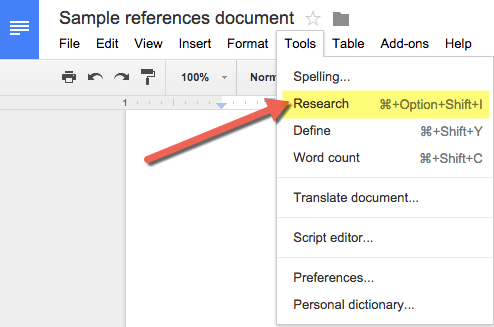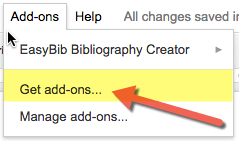We had a little visitor come in to my night class this week.
I haven't seen students move that fast in the ten years I've been teaching.
Traditional gender roles were played out, perfectly, as the young women raced to the side of the room without a lizard, and the young men ran toward it with glee.
I'm proud to report that I just stood there, completely entertained.
Even though they are an engaged class, this incident brought about a whole new level of energy for the rest of the evening.
I particularly enjoyed how the presenters who went immediately after our lizard friend was evicted from the classroom, were able to incorporate the reptile into an example on Rawls' theory of justice.
There's just something that happens when we all get moving, students and faculty alike. To that end, here are some ideas for getting physical movement happening inside and outside the classroom:
Tape signs on the wall and have students give input via sticky notes
I've written previously about an exercise that uses sticky notes and gets students moving around the classroom.
There's also a PostIt Plus app that will allow you to capture the data, virtually, and then let you sort and move the individual sticky notes on your screen, as needed. As with any good app, there are plenty of sharing options made available.
Have students walk and talk
When I'm reviewing a concept that can sometimes be difficult for students to apply, I often have them take a walk around the building, while they talk to someone else in the class about the topic.
I make it clear that when they return from their walk, that I will be randomly calling on students, so that they feel a bit more pressure to stay on task during their walk.
I also always join with a group for the walk, or go with a student who doesn't have a partner. This always gives me one more opportunity for one-on-one interaction.
Use a FitBit
Fitness trackers are becoming all the rage these days. Those of us who use them know that they have the power to get us making all sorts of seemingly small changes that add up to signifiant change.
We take the stairs, park further away, and run around more with our kids.
The FitBit device tracks steps and flights of stairs. Dave and I both use one, though he likes the FitBit charge that goes on your wrist and I prefer the one you wear on the waist of your pants.
Consider a treadmill desk
When we finished off an extensive consulting project about a year ago, Dave and I decided to reward ourselves with a treadmill desk. He had wanted one for a while and I was ambivalent (but not opposed to spending the money, necessarily).
I didn't think I would use it that much, since I thought it would be too hard to maintain a train of thought.
It wound up being just the opposite experience. I find that I'm able to get into a flow and work longer and stay focused more than when I'm sitting at a desk.
We have a LifeSpan treadmill desk and both absolutely love it.
[reminder]What do you do to get your students (or yourself) moving?[/reminder]










